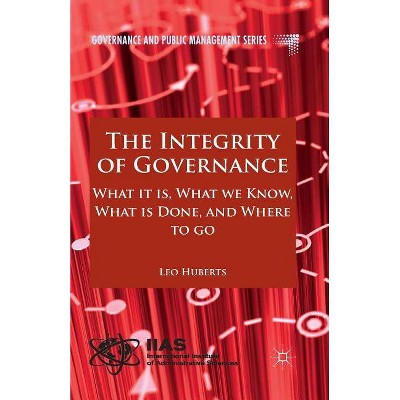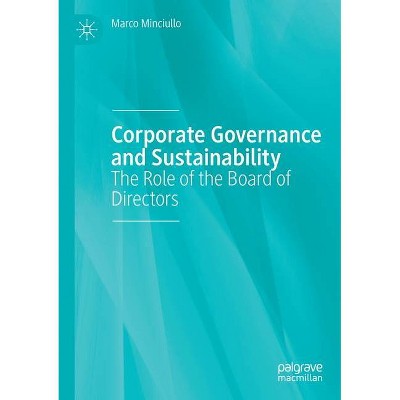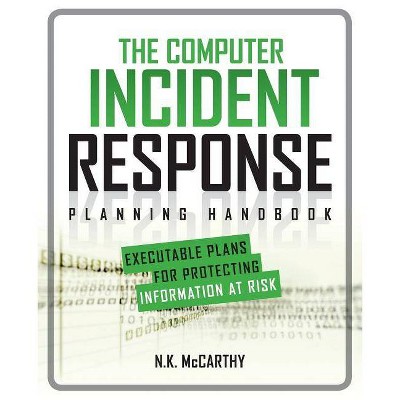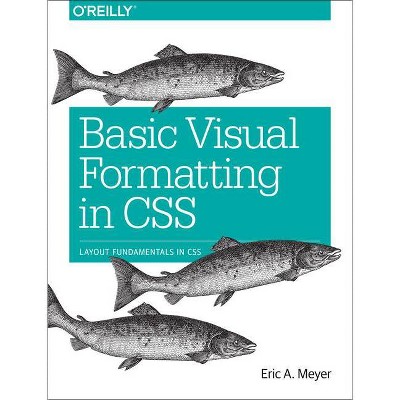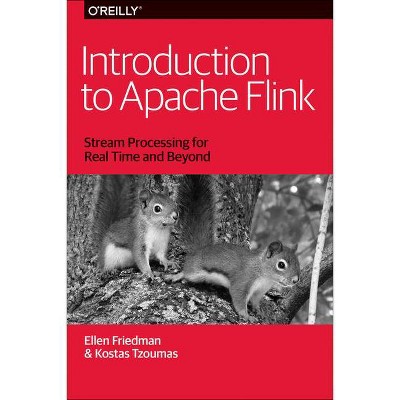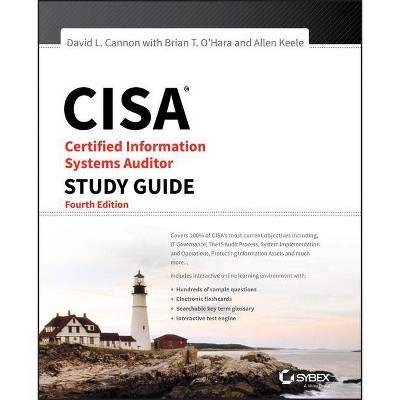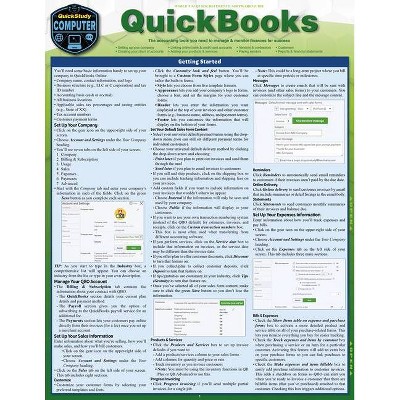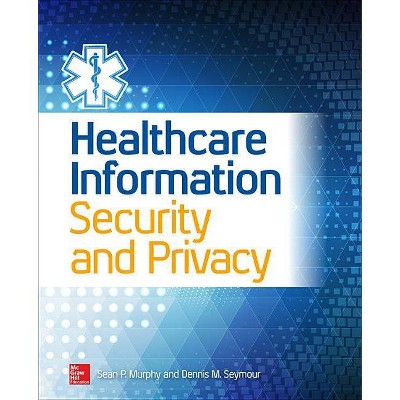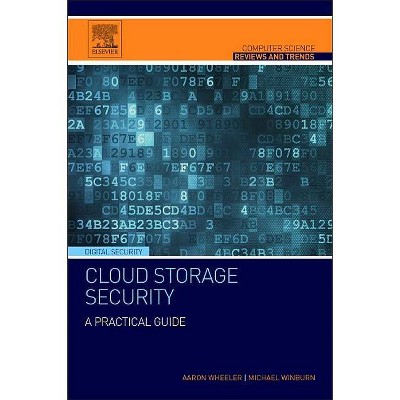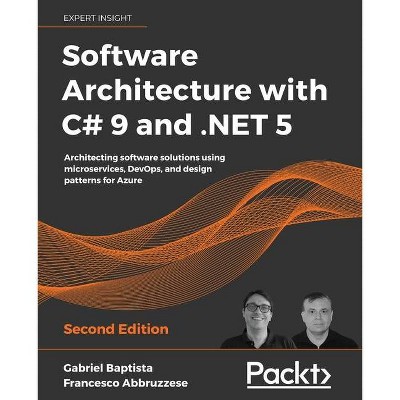Multi-Cloud Architecture and Governance - by Jeroen Mulder (Paperback)
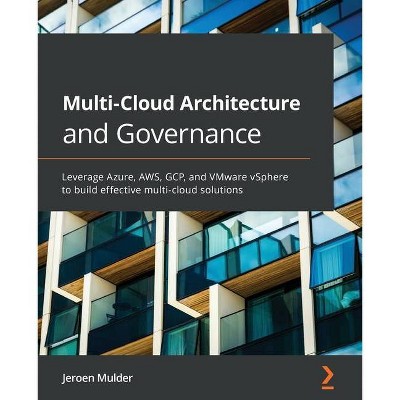
Similar Products
Products of same category from the store
AllProduct info
<p/><br></br><p><b> About the Book </b></p></br></br><p>Complete with step-by-step explanation of essential concepts, practical examples and self-assessment questions, this book will help you build the foundation for multi-cloud, creating the architecture, designing the governance model and implement tools, processes and technologies to manage multi-cloud envi<p/><br></br><p><b> Book Synopsis </b></p></br></br><p><strong>A comprehensive guide to architecting, managing, implementing, and controlling multi-cloud environments</strong></p><p><br></p><p><strong>Key Features</strong></p><p><br></p><ul><li>Deliver robust multi-cloud environments and improve your business productivity</li><li>Stay in control of the cost, governance, development, security, and continuous improvement of your multi-cloud solution</li><li>Integrate different solutions, principles, and practices into one multi-cloud foundation and manage this architecture</li></ul><p><br></p><p><strong>Book Description</strong></p><p>Multi-cloud has emerged as one of the top cloud computing trends, with businesses wanting to reduce their reliance on only one vendor. But when organizations shift to multiple cloud services without a clear strategy, they may face certain difficulties, in terms of how to stay in control, how to keep all the different components secure, and how to execute the cross-cloud development of applications. This book combines best practices from different cloud adoption frameworks to help you find solutions to these problems.</p><p><br></p><p>With step-by-step explanations of essential concepts and practical examples, you'll begin by planning the foundation, creating the architecture, designing the governance model, and implementing tools, processes, and technologies to manage multi-cloud environments. You'll then discover how to design workload environments using different cloud propositions, understand how to optimize the use of these cloud technologies, and automate and monitor the environments. As you advance, you'll delve into multi-cloud governance, defining clear demarcation models and management processes. Finally, you'll learn about managing identities in multi-cloud: who's doing what, why, when, and where.</p><p><br></p><p>By the end of this book, you'll be able to create, implement, and manage multi-cloud architectures with confidence</p><p><br></p><p><strong>What You Will Learn</strong></p><p><br></p><ul><li>Get to grips with the core functions of multiple cloud platforms</li><li> Deploy, automate, and secure different cloud solutions</li><li> Design network strategy and get to grips with identity and access management for multi-cloud</li><li> Design a landing zone spanning multiple cloud platforms</li><li> Use automation, monitoring, and management tools for multi-cloud</li><li> Understand multi-cloud management with the principles of BaseOps, FinOps, SecOps, and DevOps</li><li> Define multi-cloud security policies and use cloud security tools</li><li> Test, integrate, deploy, and release using multi-cloud CI/CD pipelines</li></ul><p><br></p><p><strong>Who this book is for</strong></p><p>This book is for architects and lead engineers involved in architecting multi-cloud environments, with a focus on getting governance right to stay in control of developments in multi-cloud. Basic knowledge of different cloud platforms (Azure, AWS, GCP, VMWare, and OpenStack) and understanding of IT governance is necessary.</p>
Price History
Price Archive shows prices from various stores, lets you see history and find the cheapest. There is no actual sale on the website. For all support, inquiry and suggestion messagescommunication@pricearchive.us

